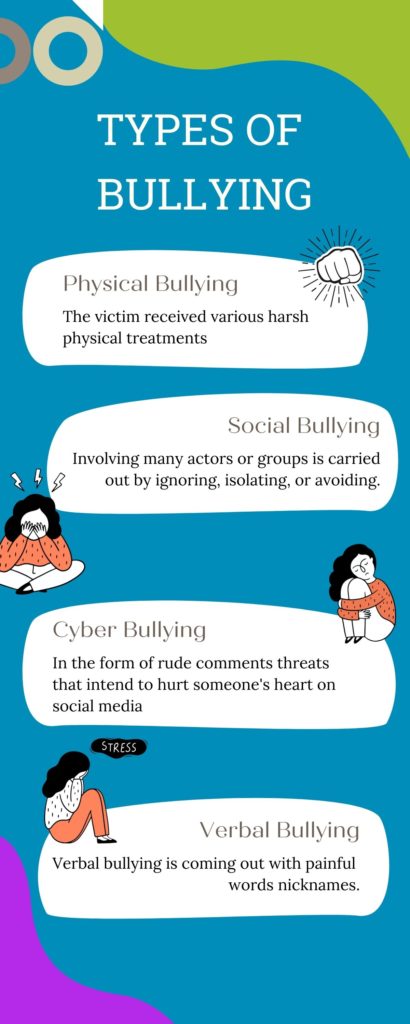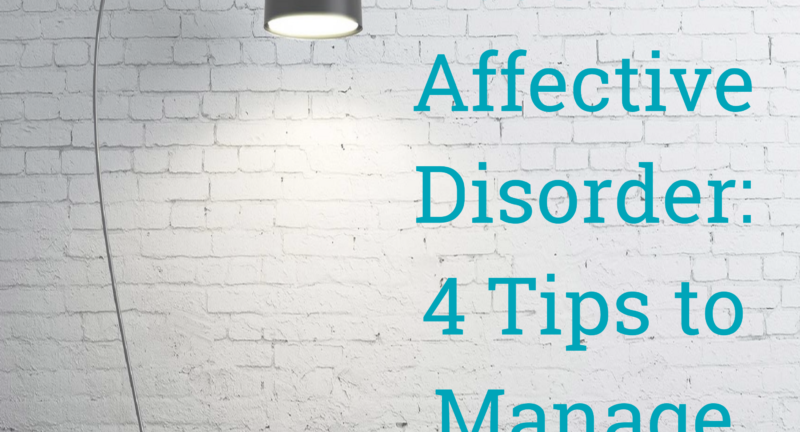
The Signs of Bullying and What Parents Need to Know
Bullying and ADHD – is there a connection? According to a study published in the Journal of Attention Disorders, children with ADHD were 3.7 times more likely to be classified as victims of bullying, compared to their peers who were not diagnosed with ADHD.
As a parent of a child with ADHD, this can be alarming. However, it’s important to learn the signs of bullying so you can quickly spot a problem.
Types of Bullying

Signs of Bullying in Kids
While some children may come out and tell you there is a problem, many children struggle to talk about it. Common warning signs that a child is being bullied include:
Emotional signs of bullying
- Changes in your child’s sleeping or eating patterns
- Frequent tears
- Bouts of anger
- Mood swings
- Complains of stomach aches in the morning (and asks to skip school)
- Becomes withdrawn
- Becomes aggressive
- Easily frustrated or angry with siblings
You may also find that your child seems withdrawn and isn’t opening up easily. He or she may not want to talk about what is bothering him or her.
Physical signs of bullying
- Has unexplained injuries (bruises, cuts, or scratches)
- Comes home with missing or damaged belongings
- Comes home hungry or without any lunch money
Other signs of bullying
- Refuses to go to school
- Changes their route to school, if walking
- Frightened of walking to school or taking the bus
- Academic performance begins to decline
Effects of Bullying and What Parents Need to Know
What to Do If Your Child Is Being Bullied
Although tempting, it’s best not to confront your child’s bully (or their parents directly). Check with your school’s bully policy. The Stomp Out Bullying non-profit organization reccomends:
- To contact law enforcement immediately if your child has been physically threatened
- To check your school’s anti-bullying policy
- To check your state’s anti-bullying legislation (Here are Kentucky laws.)
Dealing with the Emotional Effects of Bullying
Even long after the bullying has been addressed by the school or websites (or wherever the bullying was taking place), the hurts don’t fade easily. You may also find that your child benefits from therapy after bullying. Therapy can your child navigate through the complex emotions of anger, anxiety, sadness, associated with the psychological hurts of bullying.
If you need to schedule a therapy session, we’ll just a call or click away.
Related Posts
ADHD Diet: What We Eat & Why It Matters If You Have ADHD
We all know that it’s important to eat healthy foods, but did you know that good...
Seasonal Affective Disorder and ADHD: 4 Tips to Fight Depression
Do shorter days and darker nights have you feeling a little blue? Seasonal...


